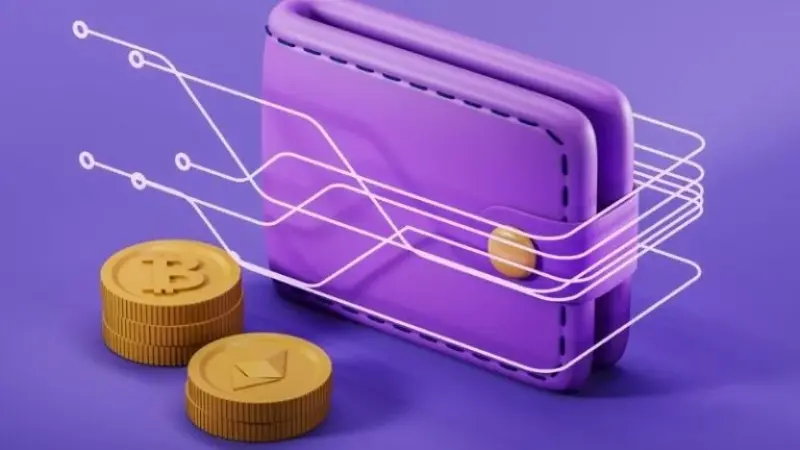
Hot Wallets or Cold Wallets?
With the increasing interest in crypto coins recently, it is a matter of curiosity how these coins will be stored. In this article We will talk about the types of cryptocurrency wallets and tell about their pros and cons relative to each other.
Wallets that allow you to store your cryptocurrency fall into two main classes. These classes are;
- Cold wallet
- Hot wallet
and although their basic functions (as can be understood from the names) are the same, they are quite different from each other in the way they perform this function. A cold wallet is a closed-loop cryptocurrency storage device that you can touch. Popular options are developed in the form of USB. If you transfer your cryptocurrency to your cold wallet and then disconnect from the internet, it will help you store your money more securely than the other option we’ll look at in a moment. In addition to the hardware form such as USB, there is a simpler type called “paper wallet”. This type consists of printing your wallet address, wallet public and private passwords on a piece of paper with a QR code.
Hot wallets, on the other hand, are another crypto storage tool that has no materialized counterpart and works online. Structurally, every tool that is in the wallet class but is not a cold wallet is a hot wallet. In general, it is possible to access the relevant platforms (eg.) These wallets, which you can get free of charge by becoming a member, allow you to make instant crypto money transfers. At the same time, it’s important to remember the additional security that the platform you sign up for will bring you. As a result, when you lose your cold wallet or forget its passwords, it is important to keep in mind that the crypto coins in it will not come back. Considering that we forget even our mobile phone in daily life, investors who prefer cold wallets should have a very strong memory.
Use a Cold Wallet? Should You Use a Hot Wallet?
Cold wallets are the more reasonable option for storing your money for a long time, as opposed to hot ones. The fact that hot wallets are internet-based allows someone else to access your funds, but cold wallets don’t have 10/10 security either. What should not be omitted at this point is that cold wallets can be more affected by user error. Due to the fact that it is material, they can be stolen or lost.On the other hand, hot wallets are the more convenient option for you to get more cryptocurrencies, both in terms of frequent use and depending on the flexibility of the platform you will use. Cold wallets can only store predetermined cryptocurrencies.
Another advantage of hot wallets, as we just mentioned, is that they are free. Cold wallets, on the other hand, you have to buy and they are expensive.
Under these circumstances, a cold wallet seems to be more suitable for storing large amounts of cryptocurrency for the long term. However, if there is an intention to keep it for the short term and to buy and sell, it is the most logical to prefer hot wallets in terms of the convenience it brings.
At the end of the day, you don’t have to use just one, but as an investor, it’s your decision how to evaluate your money.